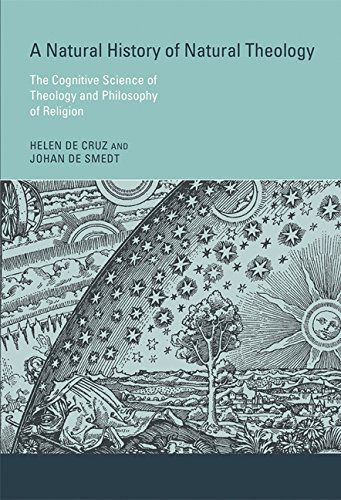A Natural History of Natural Theology: The Cognitive Science of Theology and Philosophy of Religion
Questions about the existence and attributes of God form the subject matter of natural theology, which seeks to gain knowledge of the divine by relying on reason and experience of the world. Arguments in natural theology rely largely on intuitions and inferences that seem natural to us, occurring spontaneously — at the sight of a
Questions about the existence and attributes of God form the subject matter of natural theology, which seeks to gain knowledge of the divine by relying on reason and experience of the world. Arguments in natural theology rely largely on intuitions and inferences that seem natural to us, occurring spontaneously — at the sight of a beautiful landscape, perhaps, or in wonderment at the complexity of the cosmos — even to a nonphilosopher. In this book, Helen De Cruz and Johan De Smedt examine the cognitive origins of arguments in natural theology. They find that although natural theological arguments can be very sophisticated, they are rooted in everyday intuitions about purpose, causation, agency, and morality. Using evidence and theories from disciplines including the cognitive science of religion, evolutionary ethics, evolutionary aesthetics, and the cognitive science of testimony, they show that these intuitions emerge early in development and are a stable part of human cognition.
De Cruz and De Smedt analyze the cognitive underpinnings of five well-known arguments for the existence of God: the argument from design, the cosmological argument, the moral argument, the argument from beauty, and the argument from miracles. Finally, they consider whether the cognitive origins of these natural theological arguments should affect their rationality.
Table of Contents
Natural Theology and Natural HistoryThe Naturalness of Religious BeliefsIntuitions about God’s Knowledge: Anthropomorphism or PreparednessTeleology, the Design Stance, and the Argument from DesignThe Cosmological Argument and Intuitions about Causality and AgencyThe Moral Argument in the Light of Evolutionary EthicsThe Argument from Beauty and the Evolutionary Basis of Aesthetic ExperienceThe Argument from Miracles and the Cognitive Science of Religious TestimonyThe Natural History of Religion and the Rationality of Religious Beliefs







Comments